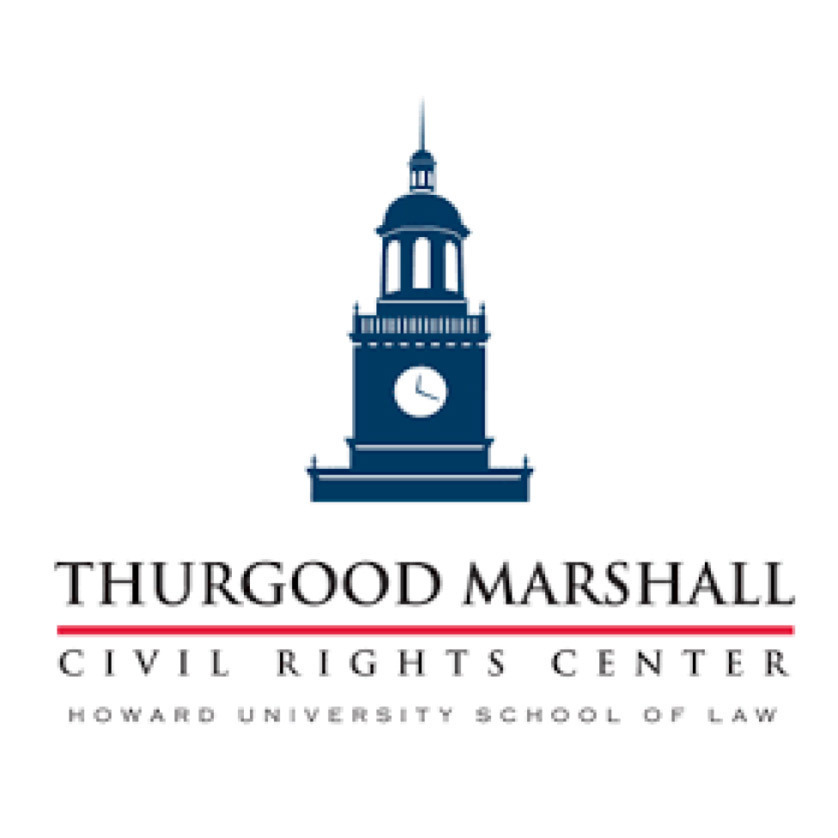What is the status of the case?
On July 10, 2024, the Brown family appeared before the Inter-American Commission of Human Rights (IACHR) in one last opportunity for public accountability in Brown’s killing.
Tags
Share
On August 9, 2014, 18-year-old Michael Brown was shot and killed by Ferguson, Missouri, police officer Darren Wilson. Michael was walking down the street with a friend, when the officer approached them in his police vehicle and began hurling expletives at them to move onto the sidewalk. The officer followed the teenagers in his vehicle, and hit Brown with the driver’s side door. After a scuffle near Wilson’s police car that resulted in Wilson firing two shots, Michael fled, with Wilson pursuing on foot. After Michael stopped and faced Wilson with his hands raised, the officer fired again, hitting Michael six times. As people from the neighborhood streamed out to see what had happened, Michael’s body lay on the Ferguson street for hours.
The next day, protests erupted in the St. Louis suburb and across the country. The demonstrations were reignited in October 2014 when a grand jury decided not to indict Wilson. In 2015, a Justice Department report cleared Wilson once more. In July 2020, St. Louis’ top prosecutor, who had reopened the case, came to the same conclusion: There would be no charges against Wilson.
Why is this a key case?
Despite the emergence of movements such as Black Lives Matter, impunity for police violence in the United States, especially against Black people, continues almost unabated. By using international human rights standards to critique U.S. law and the Justice Department, this case is following an innovative, potentially extremely powerful route to reform.
How is RFK Human Rights supporting Michael’s case?
In 2015, the organization filed a petition on behalf of Michael’s family before the Inter-American Commission on Human Rights, detailing the systemic failures of the U.S. government to prevent Michael’s death and its subsequent failure to effectively investigate and prosecute the officer responsible for his death. In 2022, the Commission determined that the petition raised colorable claims that the United States’ failure to hold the officer accountable violated rights guaranteed under the American Declaration of the Rights and Duties of Man. Following that finding, in 2023, RFK Human Rights and the Thurgood Marshall Civil Rights Center filed a merits brief with the IACHR. On July 10, 2024, attorneys and activists from Robert F. Kennedy Human Rights and the Thurgood Marshall Civil Rights Center at Howard University appeared alongside members of Michael’s family before the Inter-American Commission of Human Rights (IACHR) for a first-of-its-kind hearing on Brown’s case.
Case Partners
-

Howard Law School Thurgood Marshall Center Clinic
Our collaboration filed a petition before the IACHR on behalf of the family of Michael Brown, a Black teenager who was shot and killed by a police officer in Ferguson, Missouri.



